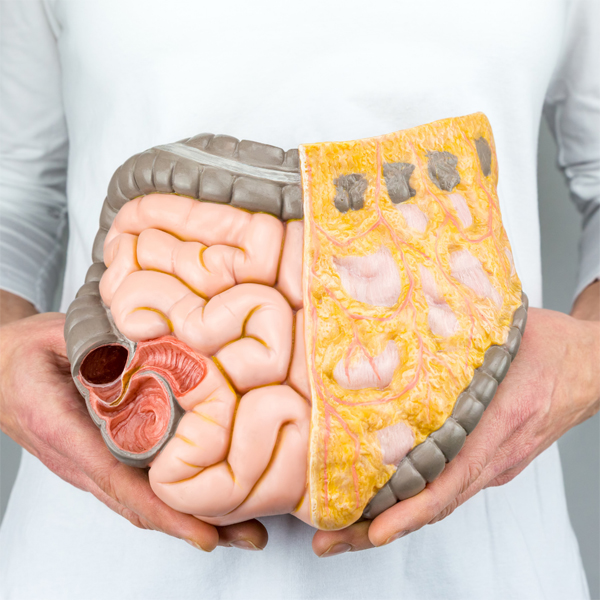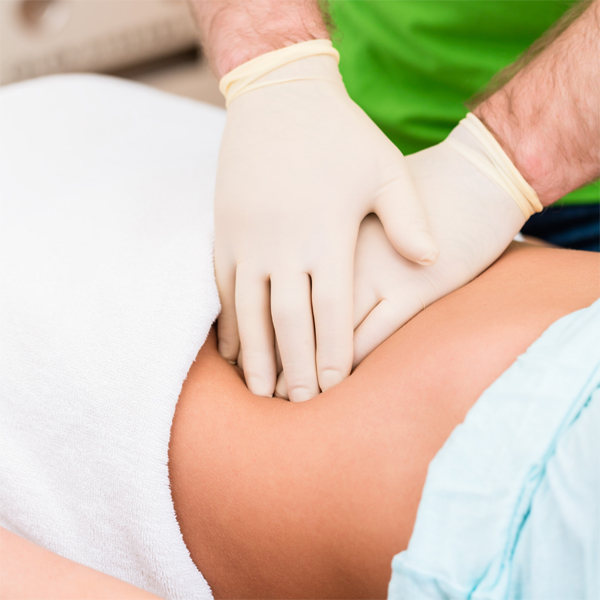Colon
Colon Surgery Jacksonville, FL | Colectomy
Colon Surgeon Dr. Matthew T. Smith

What the Colon Does
When is Colon Surgery Required?
Types of Colectomies
There are four types of colectomies.
- Total Colectomy (removal of the entire colon)
- Partial Colectomy (removal of part of the colon)
- Hemicolectomy (removal of the right or left portion of the colon)
- Proctocolectomy (removal of both colon and rectum)
Surgery can be done through an open, laparoscopic, or robotic approach. Open colectomies make a large incision across the abdomen, and a laparoscopic colectomy is completed with several small incisions. Typically, laparoscopic surgeries heal quicker but may not always be possible. Robotic colectomies can also be done through small incisions. Typically minimally invasive surgery results in less post-operative pain and a required return to work.
Follow your doctor’s advice about your diet, medications, and proper incision care for better recovery. It’s important to talk to your doctor if you experience a fever, bleeding, or difficulty passing stool at any point during your recovery.

Schedule a Consultation
Discover How Dr. Matthew T. Smith Can Help You with Life-Changing Surgeries
